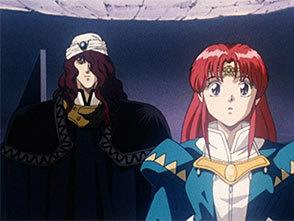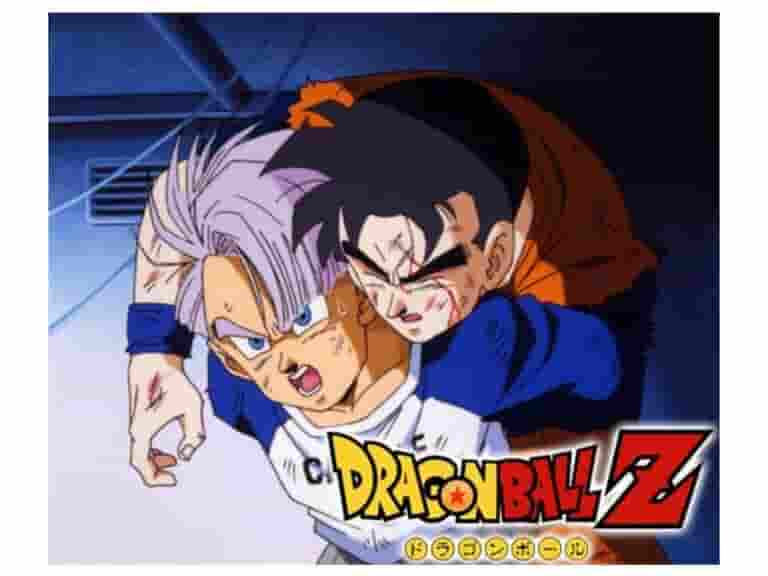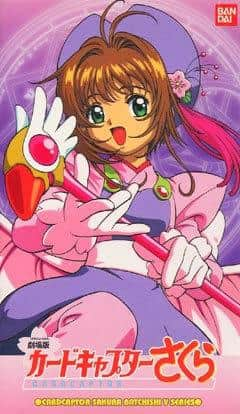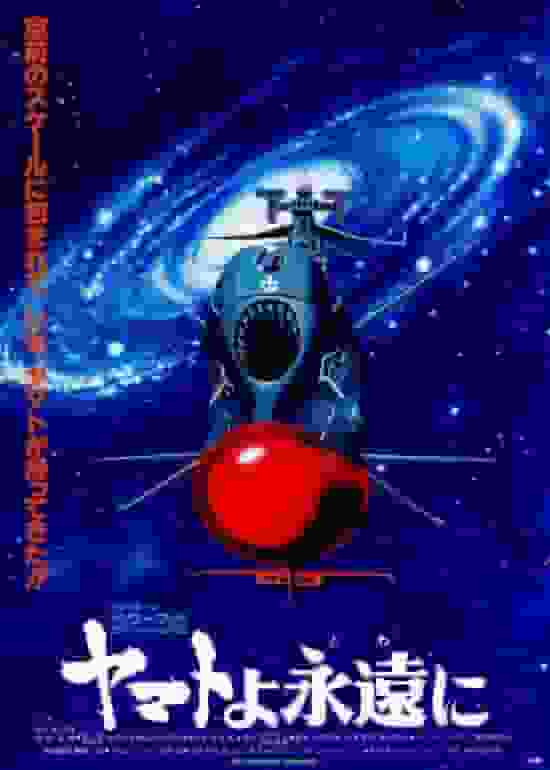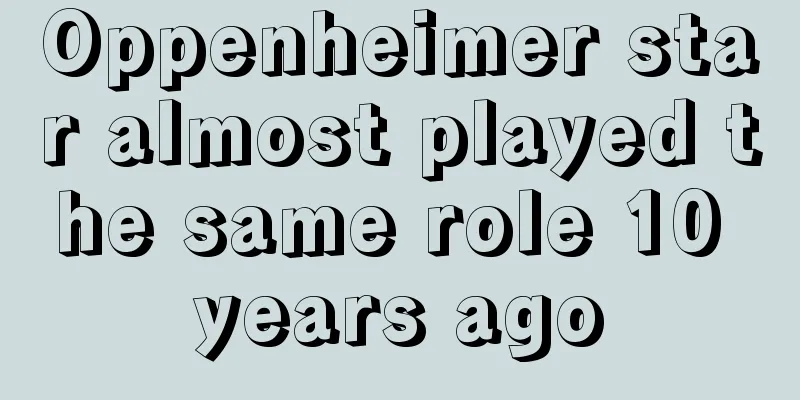The appeal and reviews of "Kiba": A thorough analysis of the abyssal adventure and character growth
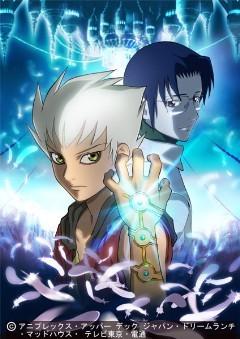
"Kiba": A story of adventure in another world where grand fantasy and profound themes intersectKiva is a 51-episode anime series that aired on TV Tokyo from 2006 to 2007, with a unique backdrop of a card game. The anime was produced by Madhouse and Studio Live under the direction of Hiroshi Kamishina. The story begins when a 15-year-old boy, Zed, is led by a mysterious wind into the world of Shardcasters, who control magical crystals called Shards. There, an endless war unfolds between realms, and it is revealed that Zed himself is the occupant of a powerful spirit, Amir Gaul. Story and worldviewZed lived a life of daily frustration in the city of Calm. Searching for a place where he could make the most of himself, one day he was led by a mysterious wind and jumped into a rift in space-time. Awaiting him was a parallel world where Shardcasters controlled magical powers and waged war over territory. In this world, the power of the shards allows one to freely use magic and monsters called spirits, and Zed too aspires to become a Shardcaster in search of that power. However, what he did not know was the existence of "Amir Gaul" residing within him, and the fact that this power would determine the fate of the world. The story follows Zed as he grows as a Shardcaster and faces his own destiny while interacting with various realms and characters. There are different realms, such as Templar, Neotopia, Zemot, Qalb-Hu, Tusk, Ulverks, and Seekers, each with its own culture, values, and opposing forces. As Zed travels through these realms, he learns the meaning of friendship, love, and battle. Characters and castThe main character, Zed, is played by Yoshino Hiroyuki, who beautifully portrays his taciturn and lone-wolf personality. Noah, Zed's childhood friend and best friend, is played by Horie Kazuma, and his character, who is filled with a strong sense of justice, stands out. Mizuki Nana, who plays Roya, brings out the charm of her emotional interest in Zed, and Oki Tamio's Zico shows his presence as a mentor who guides Zed. Other characters with unique personalities, such as Miki Shinichiro's Robes, Yamaguchi Kappei's Hugh, and Inoue Kikuko's Sarah, add color to the story. Main staff and production backgroundThe production of Kiva brought together many talents, including Director Kojina Hiroshi. Professionals from various fields participated, including series composition by Inoue Toshiki, main character design by Yoshimatsu Takahiro, chief animation director Yoshida Daisuke, and art direction by Kaneko Hidetoshi. Music was by Miyake Jun, sound effects by Sasaki Junichi, and sound direction by Honda Yasunori. Animation producer was Shinohara Akira, producers were Yamakawa Norio, Sasada Naoki, and Kamagata Eiichi, animation was produced by Madhouse, and production cooperation was provided by Studio Live. Because this work is based on a card game, it puts a lot of effort into the visual expression and depiction of the battle scenes. The scenes in which the Shard Casters summon spirits and fight are very dynamic and have the power to draw the viewer in. In addition, the story also has deep themes, depicting conflicts between realms and political maneuvering in the background. Main robot item: SpiritIn the world of Kiva, an important element is that Shardcasters use the power of the shards to summon spirits and fight. Zed's spirit, Amir Gaul, has extremely high power, but Zed is unable to fully control it, which adds tension to the story. Other unique spirits, such as Noah's Satura, Roya's Apkarel, and Zico's Phylon, also appear, bringing out the individuality of each character. Spirits are not just tools for battle, but are deeply involved in the growth of characters and the development of the story. For example, Zed's exploration of his inner self and his growth as he confronts "Amir Gaul" is deeply moving to viewers. In addition, new spirits that are born from the battles and fusion of spirits also bring new developments to the story. Subtitles and episodesEach of the 51 episodes depicts a different theme and character development. Starting with episode 1, "Winds of Destiny," and concluding with episode 51, "Where the Wind Blows," the story depicts Zed's growth and the changes in the world around him. Each episode depicts the world from Zed's or another character's perspective, leaving viewers with deep emotions. Particularly memorable episodes include episode 10 "The Lonely Princess", episode 24 "The Yellow Shard of Happiness", and episode 49 "Mother and Child". These episodes delve deeply into the inner lives of the characters and their relationships, leaving a strong impression on viewers. Also, don't miss episodes that reach the climax of the story, such as episode 37 "The Fall of the Capital" and episode 48 "The Descent". Theme songs and musicThe theme songs of "Kiba" are an important element in enhancing the atmosphere of the work. The opening theme is "Sanctuary" by Tamaki Namie for episodes 1-26, and "Hakanaku Tsuyoku" by Younha for episodes 27-51. Both are powerful songs that reflect the theme of the work. The ending theme is "Very Very" by Afromania for episodes 1-13, "soler wind" by Snorkel for episodes 14-26, "STAY GOLD" by Limelight for episodes 27-39, and "Sekai no Hate Made" by Takada Kozue for episodes 40-51. The songs were selected to match the atmosphere of each episode. These songs help the viewer to immerse themselves in the story and give a deeper feel to the worldview of the work. Ratings and Recommendations"Kiba" has been highly praised as a work that combines grand fantasy with profound themes. In particular, the portrayal of character growth and human relationships, as well as the intensity of the spirit-centered battle scenes, leave a strong impression on viewers. In addition, by depicting conflicts between realms and political maneuvering, the story has a deeper theme that goes beyond being merely an adventure story. This work is recommended not only for those who like fantasy anime, but also for those who want to enjoy deep stories and character development. In particular, by following Zed's growth and the changes in the world around him, viewers will be forced to think about their own lives and values. In addition, the spirit battle scenes and beautiful visuals are also one of the highlights, providing plenty of visual enjoyment. "Kiba" is a work that can be recommended to many people as it not only moves and excites the viewer, but also makes them think about deep themes. Please enjoy this otherworldly adventure story where grand fantasy and profound themes intersect. |
Recommend
Review of Teekyu Season 8: A culmination of laughter and emotion
The appeal and evaluation of the 8th season of &q...
The new poster of the domestic animation "I Love Singing 2" is released: Mai Yunjie appears!
Today (May 26), the official Weibo account of Cra...
The official novel of "Star Wars 9" confirms that Rey's biological father is a failed clone of Emperor Pa
The most controversial plot in the final chapter ...
The appeal and evaluation of the Idolmaster SideM Reason for Mini! Returns special edition with original anime DVD
"The Idolmaster SideM Reason for Mini! Retur...
James Wan: I will return to making horror movies after Aquaman 2
Director James Wan, who is best known for his hor...
Appeal and evaluation of the second episode of the first season of "Ataro": Comparison with the movie version
"Extraordinary Ataro": Enjoy Fujio Akat...
Rumor has it that Asians can't play leading roles in Hollywood because they look too handsome and don't look Asian.
Recently, a YouTuber interviewed Hollywood Chines...
"Undying, Unlucky" tops JUMP Next Generation Manga Award and may become a new rising star
With the successive completion of JUMP series mas...
"Scream 5" reveals casting of actress Courtney to return
The horror film "Scream 5" has recently...
Ikeda Shuichi's birthday special: Japanese media voted for Char as the most popular character, only ranking second
Today, December 2nd, is the birthday of the famou...
The new One Piece movie box office exceeds 5 billion! The latest commemorative special video is released
The new theatrical version "One Piece: STAMP...
The 813 Mysteries of Lupin the Phantom Thief - Exploring the appeal of classic mysteries and modern interpretations
Kaito Lupin: The Mystery of 813 overview "Th...
Wu Jing shares new set photos of "The Wandering Earth 2" and uses a ZTE phone for the first time
Recently, Wu Jing posted a new set photo of "...
Digging deeper into Akiyuki Nosaka's wartime fairy tale "The Sea Turtle and the Boy": A moving story and its evaluation
A collection of war stories by Akiyuki Nosaka: Th...
The 1987 movie version of "Wicked City" will be released in Taiwan on April 8
Water Element announced that the 1987 theatrical ...
